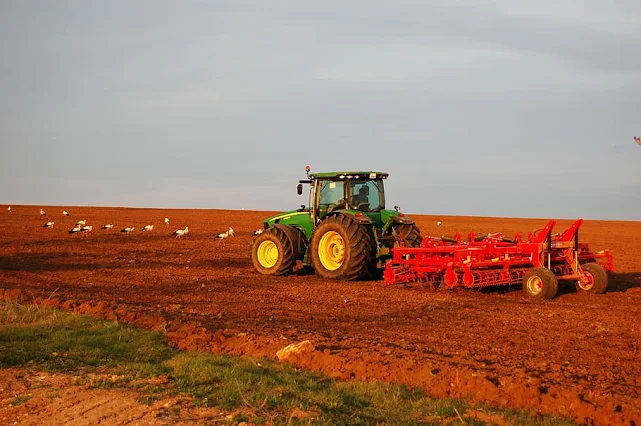Agriculture has been a fundamental aspect of human civilization for thousands of years. Over time, advancements in technology have revolutionized the way we farm, from the use of tractors to the development of genetically modified crops. However, the farming industry still faces challenges such as climate change, soil degradation, and a growing global population that requires more food. One potential solution to these challenges is open-source agriculture.
Open-source agriculture is a movement that seeks to make farming knowledge and technology accessible to everyone. It involves the sharing of information, data, and tools to help farmers improve their practices and increase crop yields. Open-source agriculture aims to create a community of farmers, scientists, and developers who work together to develop innovative solutions to the challenges facing the farming industry.
One of the key benefits of open-source agriculture is that it can help farmers adapt to the changing climate. Climate change is causing more frequent and severe weather events, such as droughts, floods, and heatwaves, which can have a devastating impact on crops. By sharing information about how to adapt to these conditions, open-source agriculture can help farmers to minimize the impact of climate change on their crops.
Another benefit of open-source agriculture is that it can help to reduce soil degradation. Soil degradation is a major problem in many parts of the world, and it can lead to reduced crop yields and increased erosion. By sharing information about soil conservation techniques, open-source agriculture can help farmers to preserve their soil and maintain healthy crop yields.
Open-source agriculture can also help to increase crop yields by making new technologies and techniques accessible to farmers. For example, precision agriculture involves using sensors and data analysis to optimize crop growth and reduce waste. This technology has traditionally been expensive and inaccessible to many farmers, but open-source agriculture can help to make it more widely available.
One of the most promising applications of open-source agriculture is in the development of new crop varieties. Traditional crop breeding methods can be time-consuming and expensive, but open-source agriculture can help to speed up the process by allowing researchers to share genetic data and collaborate on breeding programs. This could lead to the development of crops that are more resistant to pests and diseases, as well as crops that are better suited to specific growing conditions.
Open-source agriculture also has the potential to benefit small-scale farmers in developing countries. These farmers often lack access to the latest farming technologies and techniques, which can limit their ability to grow crops and support their families. By making this information available through open-source platforms, these farmers can improve their practices and increase their yields.
However, there are also challenges to the adoption of open-source agriculture. One of the main challenges is the lack of incentives for developers to contribute to open-source projects. Unlike traditional agriculture companies, there is no financial reward for developing open-source software or sharing data. This can make it difficult to attract talented developers to the open-source agriculture community.
Another challenge is the need for data privacy and security. Farmers may be hesitant to share their data if they are concerned about how it will be used or who will have access to it. This can make it difficult to develop open-source platforms that rely on data sharing.
In conclusion, open-source agriculture has the potential to revolutionize the farming industry by making knowledge and technology accessible to everyone. By sharing information and collaborating on new solutions, we can address the challenges facing the farming industry and create a more sustainable future. While there are challenges to the adoption of open-source agriculture, the benefits are clear, and it is an exciting area of innovation that is worth exploring further.

.png)

0 Comments